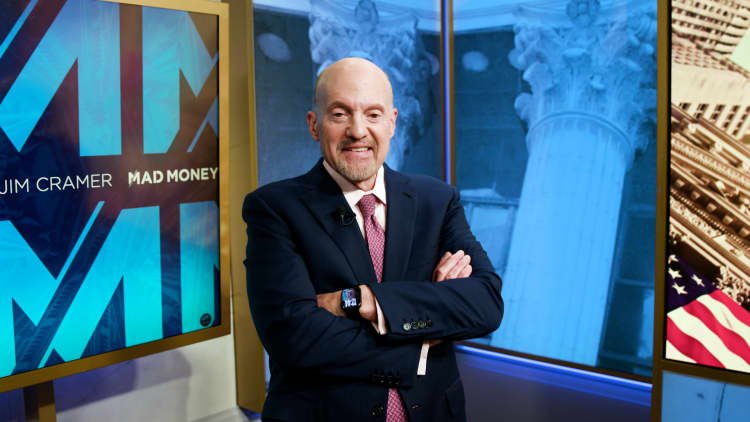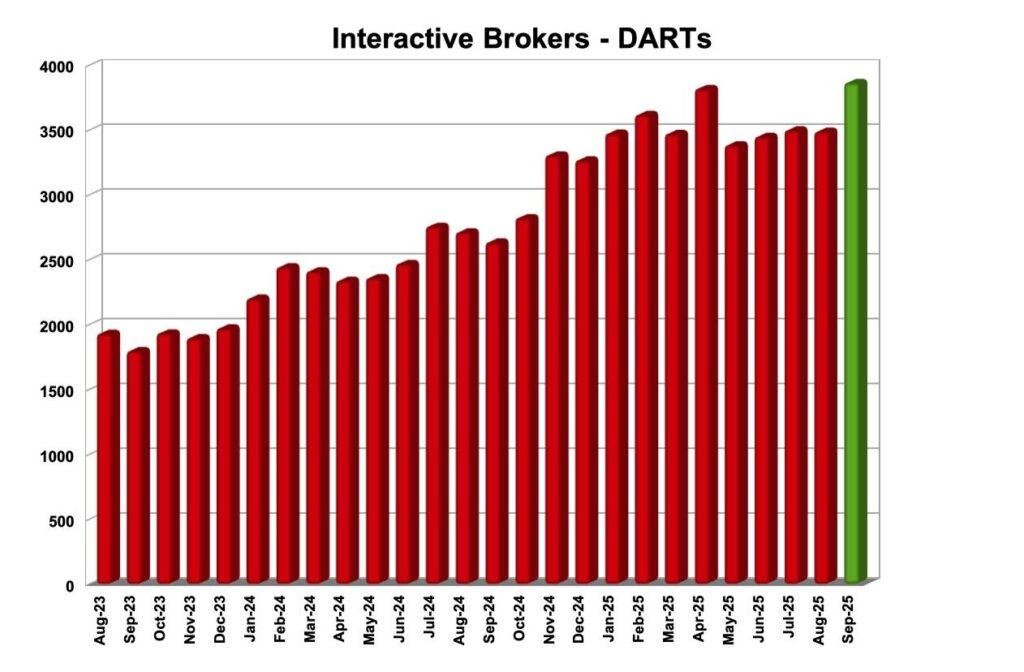![Finance Minister Koo Yun-cheol shakes hands with U.S. Treasury Secretary Scott Bessent during their meeting in New York on Sept. 24. [YONHAP]](https://koreajoongangdaily.joins.com/data/photo/2025/10/01/474b3923-0906-4c6b-aa7a-33b8f29e301c.jpg)
Finance Minister Koo Yun-cheol shakes hands with U.S. Treasury Secretary Scott Bessent during their meeting in New York on Sept. 24. [YONHAP]
Korea has agreed to provide the United States with detailed monthly data on its foreign exchange transactions and restrict market intervention to periods of excessive volatility, as both countries seek common ground in ongoing trade negotiations, the Ministry of Economy and Finance said on Wednesday.
Korea’s removal from the U.S. currency monitoring list and the possible establishment of a won-dollar currency swap were not included on the agenda despite expectations raised by Korean media outlets.
Under the agreement, Korea will share with the U.S. Treasury the monthly details of its foreign exchange reserves and forward foreign exchange positions in accordance with the IMF’s data template on International Reserves and Foreign Currency Liquidity, and will disclose the currency composition of its foreign exchange reserves on an annual basis.
The Korean and U.S. financial authorities reaffirmed the fundamental exchange rate policy principle of not manipulating currencies to gain an unfair competitive advantage, the Finance Ministry said in a statement.
The Wednesday announcement followed Finance Minister Koo Yun-cheol’s meeting with U.S. Treasury Secretary Scott Bessent in New York last week. The two discussed a won-dollar currency swap and the exchange rate, the ministry had said.
Seoul and Washington agreed that intervention in the foreign exchange market should only be undertaken when necessary to respond to excessive volatility or disorderly fluctuations. Such intervention should be conducted in a balanced manner, irrespective of the exchange rate.
Also, overseas investments by government investment vehicles should be conducted for risk-adjusted returns and diversification purposes instead of targeting exchange rates for a competitive advantage, they added.
The announcement did not include exclusion of the Korean won from the U.S. currency monitoring list — an agenda item that was widely anticipated to be included by the media in Korea following Koo’s trip. In June, the U.S. Treasury Department designated Korea a foreign exchange country to monitor, citing a significant trade surplus with the United States.
The currency swap arrangement was also not included in the latest settlement. The Korean government has strongly sought a currency swap, citing the need to prevent rapid volatility with the won when financing the $350 billion it pledged to invest in the United States. Experts have generally been pessimistic about the likelihood of the deal, given the won’s status as a nonkey currency.
“The agreement reflects Korea’s ambition to prove that its foreign exchange market interventions, when taking place, are not aimed at artificially adjusting the exchange rate, but are conducted solely to maintain market stability,” said a foreign exchange expert, who spoke on the condition of anonymity.
“Korea’s aim through the agreement appears to be either removal from the U.S. currency manipulation watch list or securing a currency swap arrangement with the United States — though the latter seems unlikely to happen. It may also serve as a preliminary step toward fully opening up its foreign exchange market,” he added.
Currently, the currency market is open from 9 a.m. to 2 a.m. the next day. But the Finance Ministry is pushing to create a 24-hour foreign exchange system.
BY JIN MIN-JI [[email protected]]






